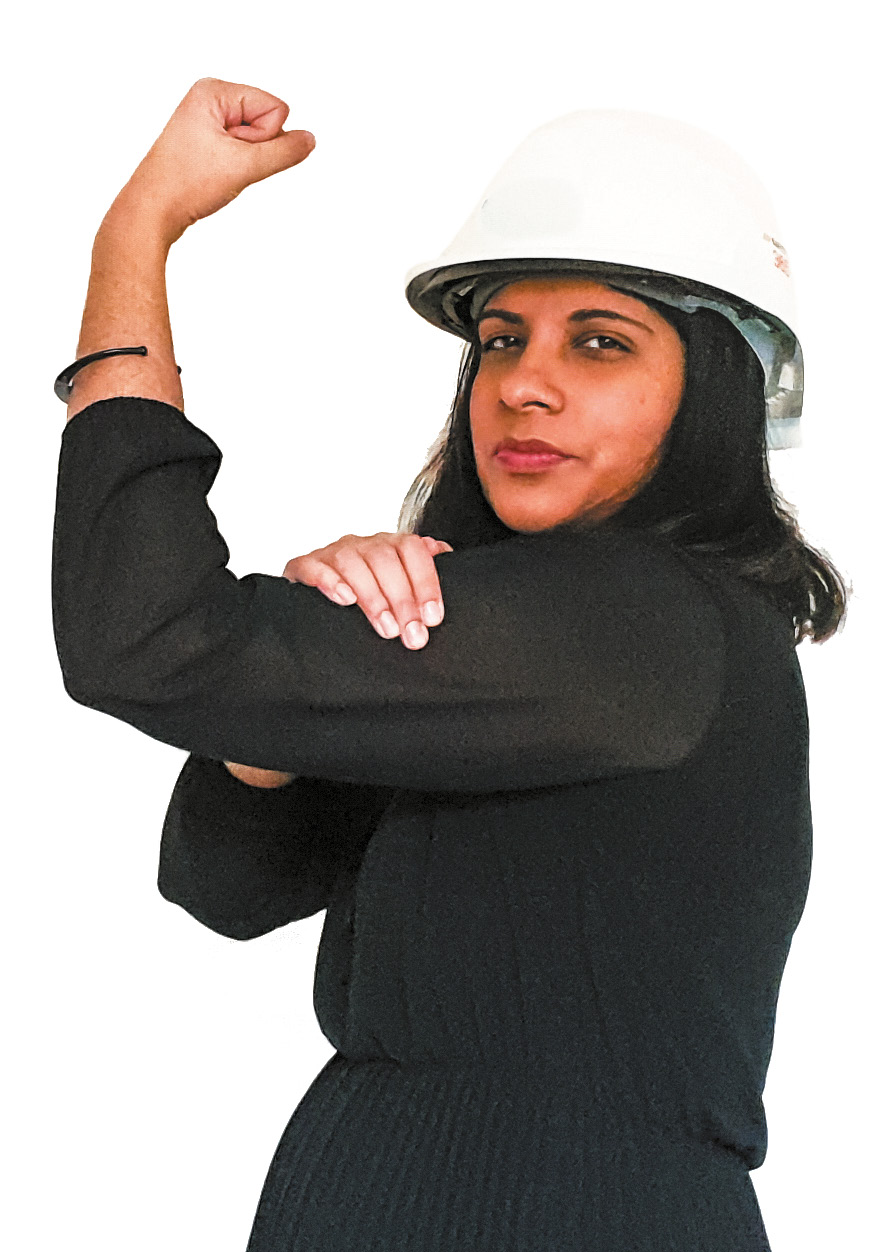Stop trying to fix women and instead change the status quo

If you’re a woman working in projects, then most likely you’ve faced prejudices, biases or discrimination related to your identity. In 2019, I surveyed 100 women in projects, who nearly all said that they had experienced this due to their gender, sexuality, age, race, disability or another aspect – or often a combination. They most often felt like they weren’t being heard or taken seriously and that they didn’t have fair access to opportunities.
We’ve also seen the outcomes of the pandemic response disproportionately adversely impact on women, especially disabled women, mothers, single mothers, pregnant women, young women, Black women, Asian women and women from minority ethnic backgrounds (see the Fawcett Society’s #MakeWomenVisible).
While many companies have made pledges on gender and race inequalities, the inaction is no longer palatable for many. The issues are out in the open and many more people are not willing to continue to accept the status quo.
It is abundantly clear that there are systemic and cultural issues within projects
These issues need to be addressed to allow women and those who feel ‘different’ or are under‑represented to flourish. This is an important issue, and the focus shouldn’t be on ‘fixing’ women or making misfits ‘fit’ – which, dangerously, is where the narrative can often fall.
However, we also can’t wait for that to happen to flourish and succeed within these spaces; knowing that our journey is harder means we can be more proactive in taking control of our career and recognising the skills beyond doing a good job.
The Fierce Project Management Model was developed in direct response to giving women in projects an alternative way of approaching their careers, against the backdrop of cultures that do not always work for us. Although it was developed with women in mind, actually it works for anyone who has felt different because of their identity and/or because of their leadership style.
The Fierce Project Management Model helps project leaders to create career success on their own terms, including supporting them to navigate external barriers, as well as overcome any self‑made obstacles (unsurprisingly, we internalise those external barriers). It is built on four cornerstone skills:
- Amplify your message: being heard demonstrates your expertise and your interests.
- Ally‑building: building your network of support and influence.
- Assertive and compassionate boundaries: establishing clear boundaries for wellbeing.
- Authentic leadership: leading in line with your values.
If you find yourself in an environment that is toxic, remember that you have choices
Often these cultures can invalidate our sense of self‑worth, contributing to mental health challenges, stress and burnout, and the rise of feeling like an ‘imposter’, which can then hold us back from fulfilling our potential even after we’ve left. Often the virtue of resilience is touted as the antidote, again putting the impetus of change on the women in the environment rather than on meaningful culture change.
While you are in these environments, it is even more important for your wellbeing to practise the cornerstones above – find your allies to support you (as well as to explore alternative opportunities), amplify your message with their support to be heard, assert your boundaries to protect your own energies and work/life balance, and continue to live and lead with your values.
We all have a role to play for culture change (but it doesn’t need to be solely our responsibility either) – we know it is most effective top‑down, when we have leadership who genuinely believe in and role model the change required. But it is also possible to create change bottom‑up through our own actions and role modelling of inclusive leadership.
For instance, if you witness behaviours that diminish someone, then do your best to stand with them and let them know they are not alone, as well as calling out the inappropriate behaviour. You can go further by challenging the systems and advocating for and creating change that removes barriers and obstacles that make some people’s journey harder than others.
Get involved with the Women in Project Management SIG
You may also want to:
- Hear Anita’s contributions to a roundtable discussion on women in project management on the APM Podcast.
- Embrace diversity and inclusivity with APM Learning (🔒)
- Reflect on the opportunities the ‘new normal’ has brought with APM's think differently conference 2021, available on demand
A version of this blog appears in the autumn edition of Project journal, an exclusive benefit for APM members.


0 comments
Log in to post a comment, or create an account if you don't have one already.